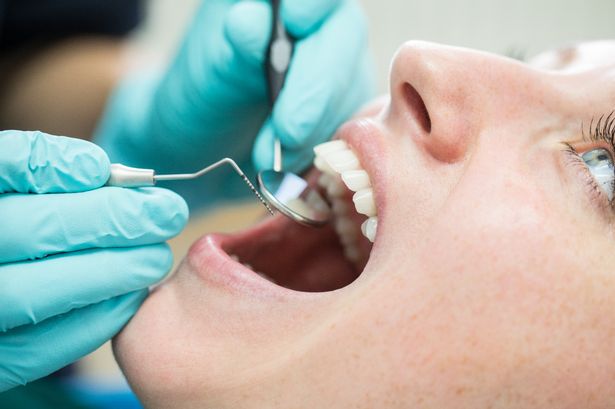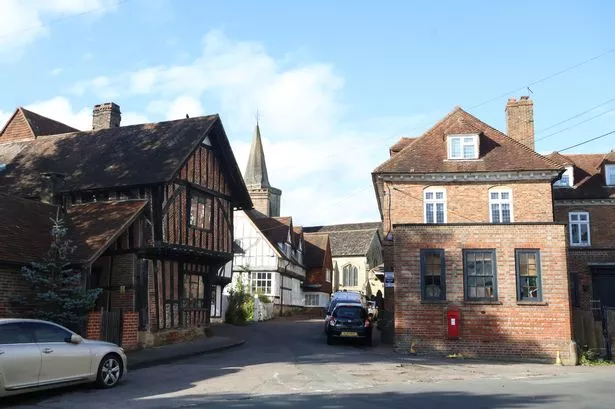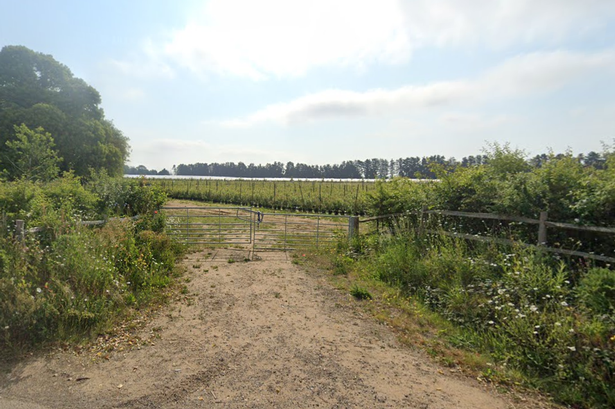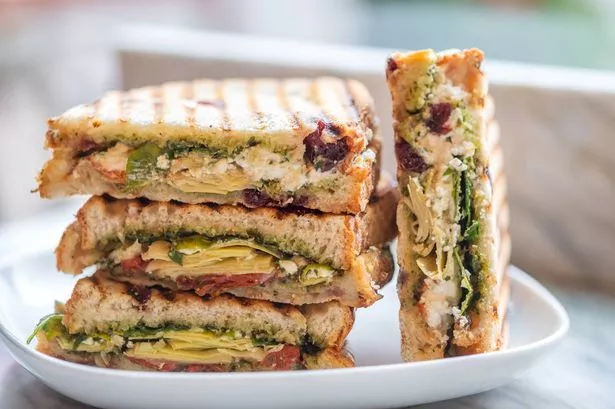A dentist has shared the impact Prosecco could have on your teeth this festive season, including thinning enamel and discolouration.
If you’re keen to indulge in a few glasses of fizz this December, it’s worth bearing in mind that it can lead to your pearly whites more closely resembling the warm hue of candlelight instead. Dr Nyree Whitley, chief clinical officer at mydentist, said: “I’m afraid I have some bad news for Prosecco lovers – while an enjoyable festive tipple, the acidity in Prosecco can damage your enamel and could, in turn, lead to discolouration.
“To keep your smile sparkling this festive season, try cutting back on the Prosecco or drink it through a straw to minimise the effects of its acidity, which temporarily softens your enamel.”
Dr Whitley, who has more than 20 years’ experience of clinical practice and has been group clinical director since October 2017, also cautioned against brushing your teeth too soon after drinking Prosecco or alcohol as it can “spread the acid around and could cause damage to your enamel”.
Enamel is vital for protecting your teeth from damage and staining so if you do have a drink before bedtime, she advises waiting 30 minutes before brushing your teeth.
‘Prosecco teeth’ was a popular term last Christmas, being widely discussed across multiple social media platforms. Spotlight Oral Care shared a TikTok video echoing Dr Whitley’s warnings, as dentist Dr Vanessa Creaven said: “Drinks like Prosecco and Champagne are notoriously fizzy but they’re also very acidic.
“This is the perfect combination to cause extreme and significant erosion to your teeth. Erosion on your teeth looks like thinning enamel, it looks like translucent enamel, it looks like your greying enamel.”
Like Dr Whitley, she recommends drinking festive fizz through a straw and chewing on chewing gum for a “natural buffer” because it activates the salivary glands.
There are other signs and symptoms to be mindful of this festive season, too. Dr Whitley advised getting a check-up with a dentist if you experience an increase in tooth sensitivity as in some cases, it could be a sign of gum disease.
If you notice white, grey, brown, or black spots on your teeth, it could be a symptom of tooth decay, which can be caused by drinking and eating too much sugar. Many of our favourite festive foods and drinks contain high levels of sugar, so it’s important to be mindful of this.
Dr Whitley added: “If you have a sweet tooth and tend to reach for sweet, sugary treats, then you may want to switch them out for something a little softer and less high in sugar content, such as dark chocolate. While lower in sugar content, chocolate will still provide you with satisfaction of fulfilling cravings for sweeter food during the festive season and is less likely to cause any damage to your teeth.
“Better yet, if you opt for the cheeseboard then you’ll benefit from calcium and phosphate which will help to strengthen your teeth and balance the pH level in your mouth, reducing harmful acids, which will cause you less cavities in the long run.”
The dentist recommends maintaining balance in our diets to help maintain good oral health. Christmas dinner staples, like the consistently divisive Brussels sprouts are “a great source of calcium and vitamin C, which help to make your teeth strong and more resistant to staining”.






















